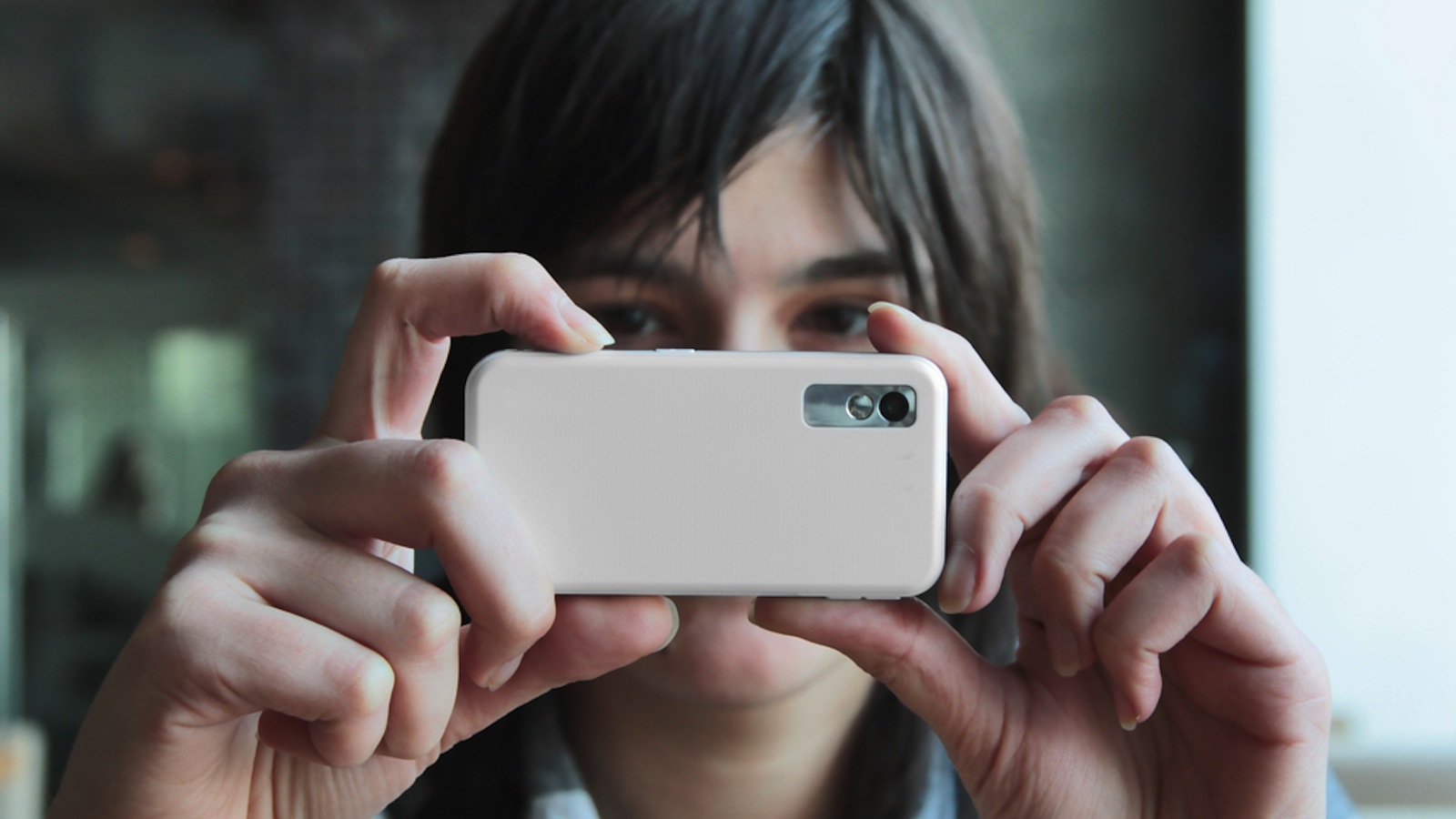The Battle For Public Opinion
Social Media's Collective Effects
These are very telling statistics, as it is illuminating a new process for the documentation and recitation of our collective “American” modern history. Through the efforts of, an unlimited number of in the field daily documentarians, who are on scene, across an expanse set of locations, we are provided a new and more defined picture of our collective histories. We are at a total divergence point, from the history of yesteryear, which was traditionally postulated or recorded by the “winning” side and/or relayed by the media conglomerate with the biggest budget.
With the prior stated facts from above, we can assess these channels' abilities to mobilize like-minded individuals, for any cause or calling of the group’s devise. One such study conducted at the University of Las Vegas Nevada (UNLV), looked at these effects in greater detail. They identified two disparate groups, who have effectively employed social media, as a mobilization tool in their efforts. This study identified the “Blue Lives Matter” and the “#LetUsSurvive/#SurvivorsAgainstSESTA movements. One group was working to amend and impose stiffer penalties, against crimes perpetrated against any members of the law enforcement community. And contrarily, the #LetUsSurvive/#SurviorsAgainstSESTA faction was a conglomerated group of “sex workers” seeking to rally against an impending bill that would severely jeopardize their revenue streams. The latter of these two movements saw five million views in the first four weeks after the inception of their movement. (Futrell et al.) This study provides us with the data needed to state beyond any shadow of a doubt that, social media has become a powerful mobilization tool for collective societal efforts. In the words of Robert Futrell, who is the sociology chair and a professor at UNLV states, “although not a panacea, social media is an essential tool in social movement efforts today”. (Futrell, R.)
| Image courtesy of the Current. |
In closing, we have identified how our modern social media outlets are reshaping the way we record and recount history, and how it has become a successful tool in the mobilization of collected group efforts. We have been shown the extensive power that these communication channels wield, and we must be cognizant of this capacity, whilst utilizing these channels in the future. We can look at the highly publicized Al-Shabaab, Nairobi mall attacks of 2013 for an example of the extent of this stated power. Responsibility for the mayhem was claimed and updated with live photos and threats of possible future attacks, through these same social media channels previously listed. (Ortiz, 2013) It is clear, that we must become educated and aware users/connoisseurs of these platforms, as we progress forward together as a globally united “online” community.
| Image courtesy of Freepik. |
Sources Cited:
Dixon, S. (8th July 2022). Social Media Usage in the United States – Statistics & Facts. Internet-Social Media & User Generated Content. Statista.com
Social media usage in the United States - Statistics & Facts | Statista
Futrell, R. (Accessed 6th November 2022). Social Media for Mobilization. News Center. UNLV.edu
Social Media for Mobilization | University of Nevada, Las Vegas (unlv.edu)
Lane-DeBusk, M. (Accessed 6th November 2022). Social Media and Terrorism. Applied Social Psychology (ASP). Penn State (PSYCH 424 Blog).
Social Media and Terrorism | Applied Social Psychology (ASP) (psu.edu)
Leetaru, K. (28th July 2019). Is Social Media Changing Society Through Greater Accountability? AI & Big Data. Forbes.com
Is Social Media Changing Society Through Greater Accountability? (forbes.com)

Comments
Post a Comment